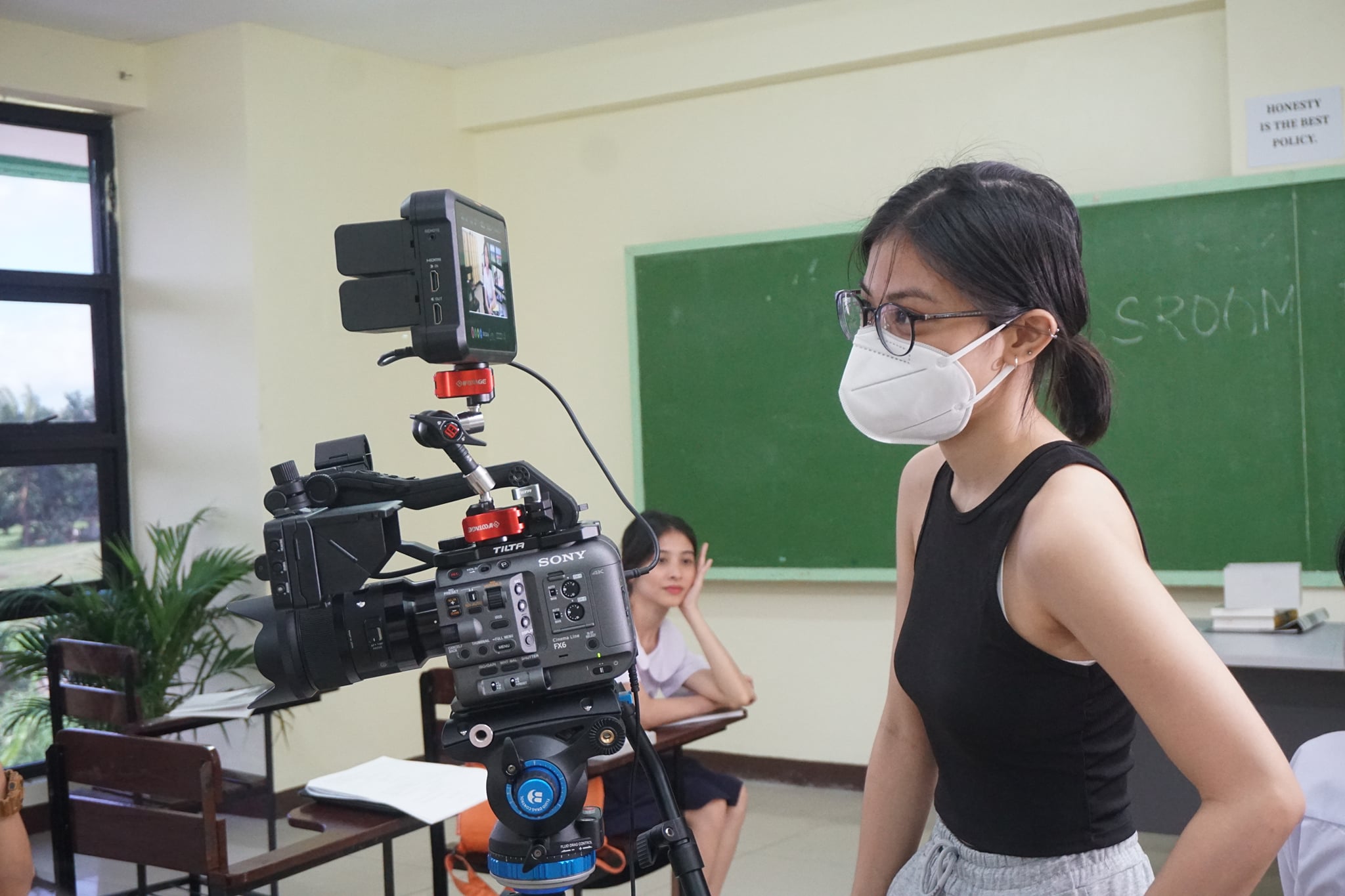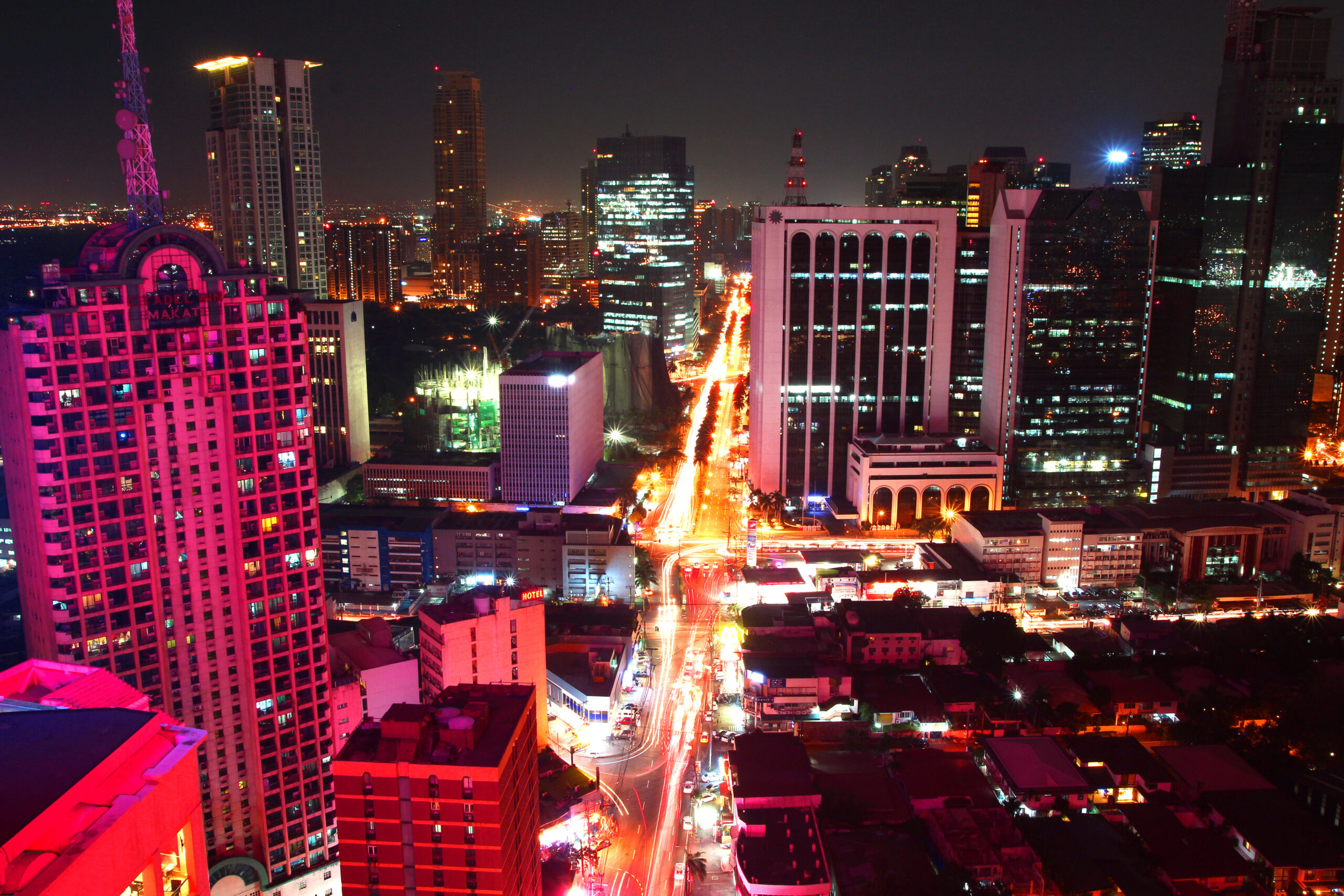Local coffee has risen from its slumber, but the quickening is far from over
At the start of October, the Philippine Coffee Board, Inc. (PCBI), the Women’s Coffee Alliance, and the Holiday Inn & Suites Makati kicked off Philippine Coffee Month, and, pardon the pun, it was nothing short of an awakening event. Held at Flavors Café of the Holiday Inn in Makati, the launch showcased flavors and coffee infusions to excite the palate in surprising, sensational ways. From savory dishes to desserts and drinks, the afternoon was laden with an array of surprising treats from the hotel’s culinary experts. While each menu offering was creative and unique (from the Grilled Chicken Salad with a coffee vinaigrette and the Chili and Coffee Mango Zesty Quinoa Salad to scrumptious desserts like the Mocha Velvet Cake and a Cappuccino Truffle Brûlée Cake and delicious cocktails with a punch, as the Chocolate Espresso Martini) they all shared one thing in common: everything on show had coffee as an ingredient – more specifically, LOCAL coffee.
An eye-opener
A wealth of eye-opening knowledge about the local coffee industry was imparted by PCBI President Ms. Pacita “Chit” Juan, and by Vietnam-based coffee specialist, Dr. Dave D’haeze. For instance: In the Philippines, yearly coffee consumption is a whopping 180,000 metric tons (MT), but local production is only at 30,000 MT—do the math, that’s a gap of 150,000 MT in the supply-and-demand chain. As such, the country has spent US$4.5 billion over the last 27 years in importation – when we could be successfully growing the bean more robustly.
According to Dr. D’haeze, the country has more optimal organic conditions (better soil, climate, etc.) for a thriving coffee industry than Vietnam. Yet, we lag because of lack of technology, support, and knowledge.
“We lack proper post-harvest processing technology. We lack simple equipment like elevated solar dryers,” Juan also noted. “The advantage is that we have many coffee origins which make our Philippine coffee selection diverse in flavor and quality. The biggest disadvantage is the low production level which we continue to help increase,” she expounded.
At present, coffee is locally grown primarily in Sultan Kudarat, Davao and Bukidnon. But, production is sometimes sparse, and plants “yield more leaves than beans,” Dr. D’haeze noted.
Enter, groups like the PCBI.
The quickening of local coffee
As a private sector-led group founded in 2002 (originally, as the National Coffee Development Board) the PCBI has been tireless in its straightforward yet hardly simple mission: to develop and promote the Philippine coffee industry. They aim to do exactly that by providing assistance to coffee farmers, whether of the technical, financial, or educational kind. They also strive to drive the industry through marketing and promotions of coffee for both the domestic and export markets.
“We continue to promote Philippine coffee here in the country and also internationally by joining shows and exhibitions, especially those in the coffee trade sector. We have done the National Coffee Summit for the last ten years; 2008 to 2017 in Manila and the last four years also in Davao City. This brought all stakeholders to the same conference to present the challenges of the industry as well as possible solutions. Also, it’s a continuous process of educating farmers, as well as the consumers, about coffee quality,” Juan shared about the group’s efforts.
Stirring up the bean scene
Thus far, the local coffee industry has already come quite a long way. In 2014, for instance, Philippine Kapatagan Arabica placed 1st Runner Up in the Syphon Category and 2nd Runner Up in the Espresso Category at the Roasters’ Choice Awards in Bangkok, Thailand.
Still, the accolades and achievements could be way more. In the global coffee scene, the Philippines “can be a niche player, so we can command best prices for specialty coffee,” Juan pointed out.
This push, however, should not only come from the PCBI and similar bodies – it should come from each and every industry and individual. Bottom line: if you enjoy coffee and if you wish to do your share to stir up the local java scene, then you must do your part by actively supporting locally grown coffee.
“Our guests enjoy the coffee we serve in the hotel and we are proud to say that it is 100 percent Philippine grown. We have always served locally-sourced coffee and will continue to do so as we do believe in the local industry and we want to do our part in the sustainability of local farmer efforts,” stated Holiday Inn & Suites Makati Hotel Manager Andy Belmonte. True to its commitment to the local coffee sector, the hotel uses premium Arabica from Sultan Kudarat, a full-bodied, high grown dark roast coffee with a balanced acidity and a fuller body.
Lively links in the value chain
Perhaps the most thought-provoking, undeniable aspect of stimulating the local coffee sector is this: every coffee drinker is a co-producer of the local coffee industry, from our consumption to the support we give the local coffee farmers.
“Each consumer is a co-producer. By choosing to order and buy local coffee we help the farmers get incentivized to continue planting coffee,” Juan emphasized.
We are part of the local coffee value chain – let’s make our link count.
For more information on the PCBI’s efforts and how you can be a part of those, visit their website at http://philcoffeeboard.com/.
By ANGIE DUARTE
Photo from PCBI website
Rousing the Robusta and Awakening the Arabica
Published on November 27, 2018
This post was last updated on March 26th, 2020 at 02:43 pm









